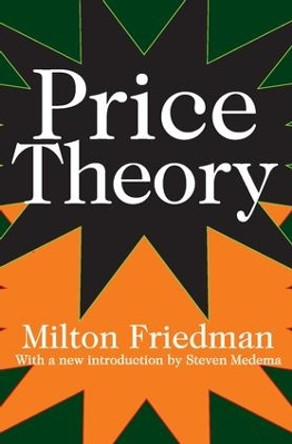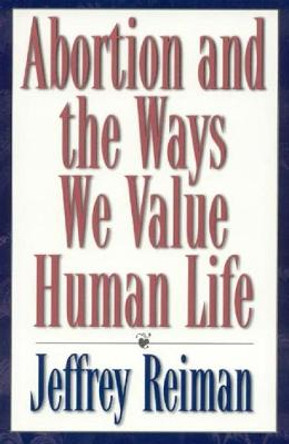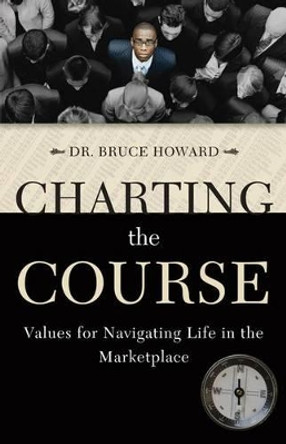Description
How much is a human life worth? Individuals, families, companies, and governments routinely place a price on human life. The calculations that underlie these price tags are often buried in technical language, yet they influence our economy, laws, behaviors, policies, health, and safety.
These price tags are often unfair, infused as they are with gender, racial, national, and cultural biases that often result in valuing the lives of the young more than the old, the rich more than the poor, whites more than blacks, Americans more than foreigners, and relatives more than strangers. This is critical since undervalued lives are left less-protected and more exposed to risk.
Howard Steven Friedman explains in simple terms how economists and data scientists at corporations, regulatory agencies, and insurance companies develop and use these price tags and points a spotlight at their logical flaws and limitations. He then forcefully argues against the rampant unfairness in the system. Readers will be enlightened, shocked, and, ultimately, empowered to confront the price tags we assign to human lives and understand why such calculations matter.
About the Author
Howard Steven Friedman, a leading statistician and health economist, is an expert in data science and applications of cost-benefit analysis. He teaches at Columbia University.
Reviews
"Timely - and, frankly, sometimes shocking. . . . Ultimate Price exposes a system rife with troubling assumptions and inequality that reduces each human to a data point. Well-written and readable, the book avoids being overly academic while still presenting a meticulously researched argument of why we all should take the time to understand how our own lives are priced." * BuzzFeed *
"Price tags on human lives are everywhere." -- Kai Ryssdal, * Marketplace *
"Should be required reading for anyone sitting down to watch the evening news." * New Books Network *
"To ration resources and seek to re-open businesses, accountants have to assign price tags to life. . . . In Ultimate Price, a detailed analysis of how government organisations and corporations define the monetary value of human life, Howard Friedman tours the uncomfortable architecture of this calculus." * The Spectator *
"Friedman argues that we must devise more equitable ways to assign value to human life. . . . Readers are exhorted to understand how lives are priced so that they might demand better formulas." * Science *
"Provides a concise review of some of the scientific literature on valuing life including some of the moral issues one must consider when making these judgments. . . . Certainly worth a read for those looking to learn more on this interesting topic." * Healthcare Economist *
"Very clear and well-informed. It has loads of thought-provoking examples."
* Enlightened Economist *
"Looks deeply into the structurally problematic factors that impact the price tags Americans are given for our lives."
* Hacking Finance *
"A reflection and criticism of the data cult of contemporary technological bureaucracy." * First Financial Network *
"In meticulous detail, Friedman shows that not all lives are valued equally, that social and economic inequalities are often reproduced and compounded in how we calculate the value of any one life . . . . Friedman draws a vivid picture of how uneven power, competing interests, and social and economic inequality influence how we value life."
* Literary Review of Canada *
"Thank you, Howard Steven Friedman, for providing invaluable information, insights, and counsel that will help those who read your book to have a wider and deeper impact on efforts NOT to value all people equally; rather, to value all people fairly ' so that human rights and human lives are always protected. '"
* BobMorris: Blogging on Business *
"Friedman's tour through the value of life is an excellent work for those willing to dip their toes into these regulatory waters without drowning in the scholarship." * Regulation *
"He has succeeded admirably in his aim of providing a non-technical and comprehensive presentation of the salient issues that will prove useful to concerned citizens and policy analysts in the health sector alike." * Economic Record *
"Incredibly engaging reading. It deals with an extremely sensitive topic, but is written delicately, with sensitivity, with respect for human life."
* Dziennik Gazeta Prawna *
"Friedman, who is an American statistician and health economist, argues compellingly that the way in which governments place a monetary value on human life is 'neither transparent nor fair'." * Economic Affairs *
"Provides a comprehensive introduction to the prices put on human life and a corresponding critical assessment of the methods routinely used to do so. It forces us to reflect not only on how critical price tags are in everyday life but also on what they convey about society's values."
* Health Affairs *
"A clear and useful introduction." * European Legacy *
"The author has a great thesis and is true throughout the book calling for equity in fairness in human valuation."
* Social Science Journal *"[Friedman] has succeeded admirably in his aim of providing a non-technical and comprehensive presentation of the salient issues that will prove useful to concerned citizens and policy analysts in the health sector alike." * Economic Record *
"This is an important book."
* Journal of Economics *"Social science researchers would find this book a worthwhile read for broadening their perspective on the many ways society values lives." * Journal of Health Politics, Policy, and Law *
Book Information
ISBN 9780520343221
Author Howard Steven Friedman
Format Hardback
Page Count 232
Imprint University of California Press
Publisher University of California Press
Weight(grams) 499g
Dimensions(mm) 229mm * 152mm * 25mm









